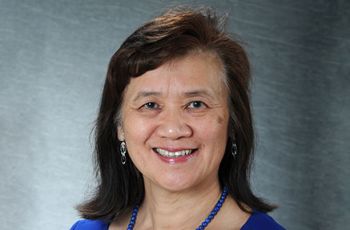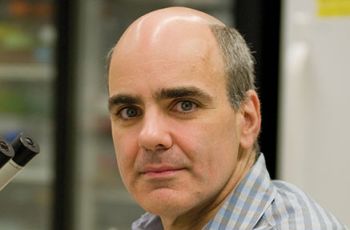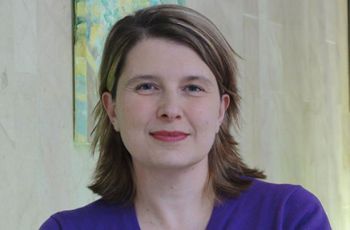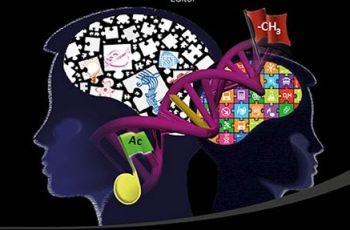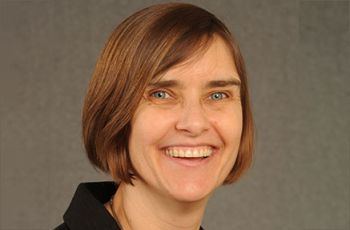Autism
Valerie Hu, Ph.D., professor of biochemistry and molecular medicine, was awarded $435K from the National Institute of Environmental Health Sciences to study how certain environmental factors affect the gene RORA, which has been shown to be an important regulator of multiple genes of neurological…
Anthony-Samuel LaMantia, Ph.D., director of the GW Institute for Neuroscience and professor of pharmacology and physiology, received a $739K grant from the Simons Foundation Autism Research Initiative to study the link between autism and disrupted brain development.
Chiara Manzini, Ph.D., assistant professor of pharmacology and physiology, was published in Cell Reports for her research finding that autism spectrum disorder and intellectual disability often occur together and may even share similar genetic causes.
Valerie Hu, Ph.D., professor of biochemistry and molecular medicine and associate professor of genetics, served as editor of the newly published book, “Frontiers in Autism Research.”
Carole A. Samango-Sprouse, Ed.D., associate clinical professor of pediatrics, was featured in PsychCentral for her research suggesting that measurement of two biomarkers can help physicians and diagnosticians identify autisms pectrum disorders early in the developmental process.
Carole A. Samango-Sprouse, Ed.D., associate clinical professor of pediatrics, published a study finding that biomarkers could help predict autism spectrum disorders and other developmental delays at nine months old, a year earlier than the current average screening age.
Lauren Kenworthy, Ph.D., associate professor of pediatrics, was interviewed by Voice of Russia Radio on a new report finding that the number of children diagnosed with autism spectrum disorder has grown 30 percent.
Lauren Kenworthy, Ph.D., associate professor of pediatrics, was interviewed by Reuters on a new report suggesting as many as one in 68 U.S. children may have autism.
Anthony-Samuel LaMantia, Ph.D., professor of pharmacology and physiology, was featured by Medical Xpress for his research finding new information on the pathogenesis of feeding and swallowing difficulties often found in children with neurodevelopmental disorders, including autism and…
Collaborative research out of GW reveals new information on the pathogenesis of feeding and swallowing difficulties often found in children with neurodevelopmental disorders, including autism and intellectual disability.
